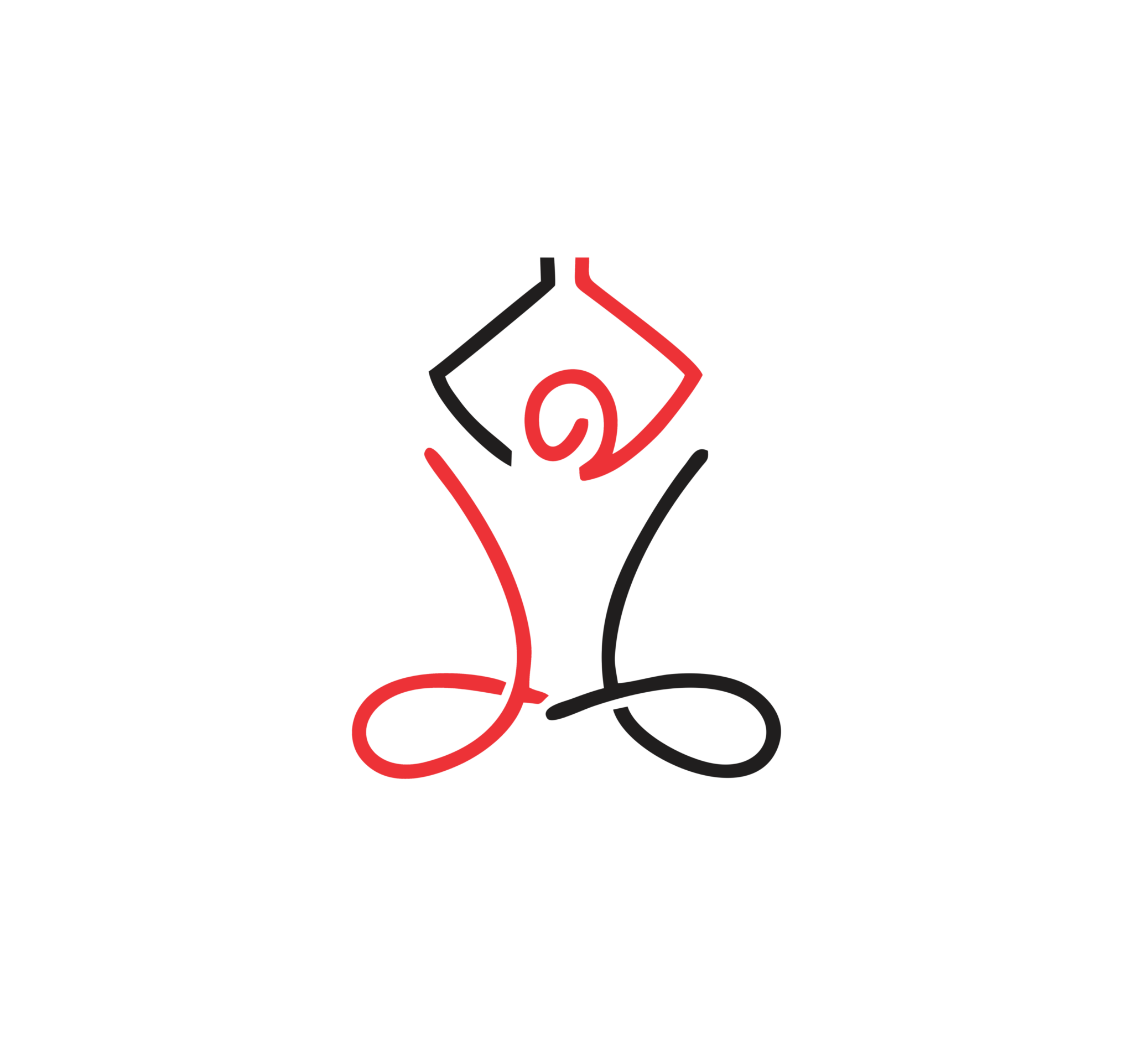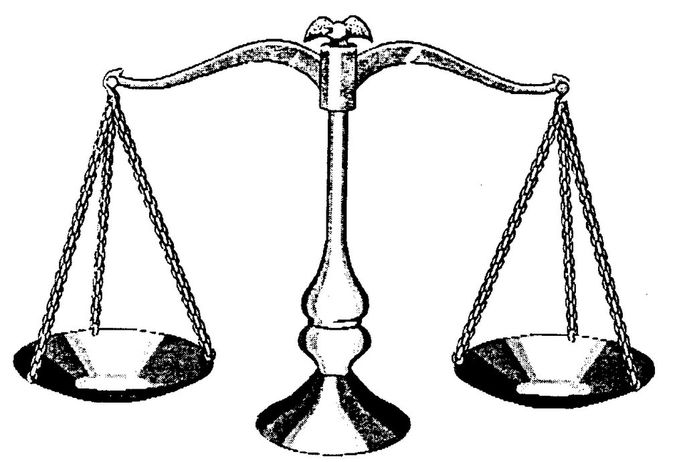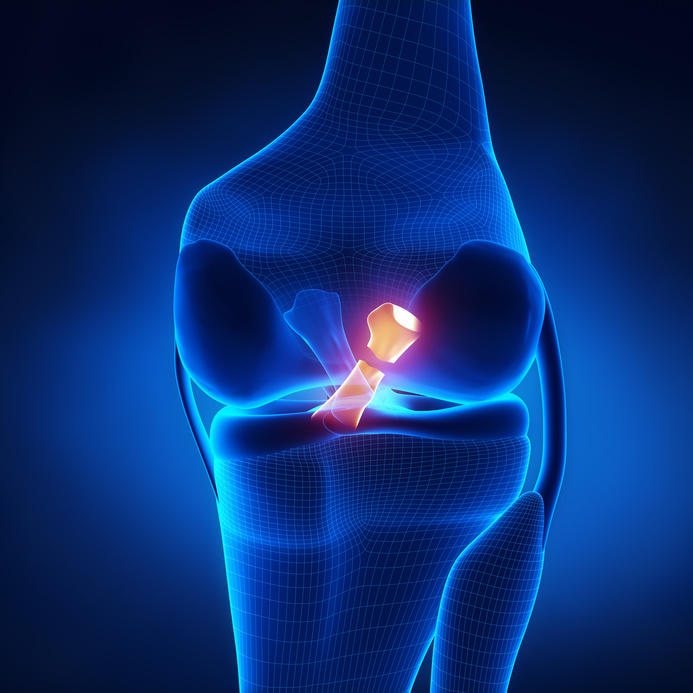Repetitive injuries may mean you need to be more specific
You are as strong as your weakest link.
Athletes are starting to be subjected to more repetitive injuries. I’m not talking about repetitive stress injuries, but injuries due – more often then not – to poor quality exercises that lack specificity. If a movement’s quality is limited by its weakest link, we need to strengthen that weak link in a certain range of motion – perhaps in external range, middle range, or internal range, depending on the goal.
Example: Hockey players suffering from groin strains
The adductor muscle groups are an integral part of an ice skater’s performance. But which ones need to be strengthened or stretched? You will see most trainers strengthen the “adductors”, but there is a problem with that: there are 10 adductors of the femur that each have different directions, lengths, insertions, and attachments, and therefore contribute different percentages to external rotation, internal rotation, adduction, and flexion.
- Adductor Longus
- Adductor Brevus Superior
- Adductor Brevis Inferior
- Adductor Magnus Superior
- Adductor Magnus Middle
- Adductor Magnus Inferior
- Gracilis
- Pectineus
- Psoas
- Quadratus Femoris
Movement is only as good as the weakest link, so how can we specifically engage the muscles that are weak and avoid recruiting the already dominant muscles? This requires segmental reinforcement or myofascial stretching. If we want to respect fiber’s direction of the muscle and leaving out other muscles to just specifically engage a muscle of interest, and perhaps only the middle or proximal fibers of a muscle, we must set up the base of the exercise appropriately. This leads to more effective outcomes and less occurrences of injury!
If you are dealing with pain or reoccurring injuries, you may be interested in ELDOA and segmental reinforcement. Learn a higher quality of movement via ELDOA and Analytical, Segmental Training with us today. Email info@fchlc.com or call 510-292-9177




